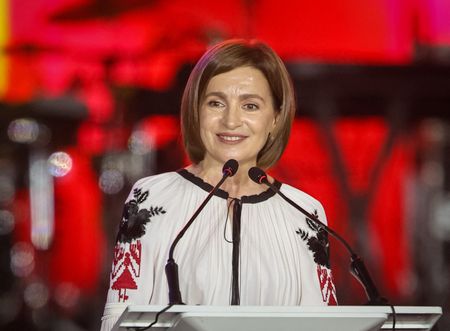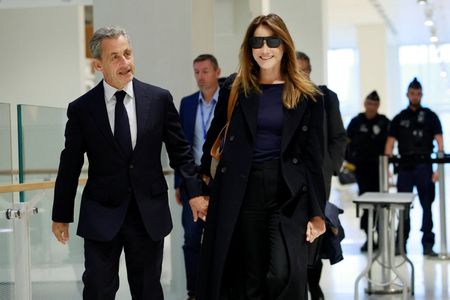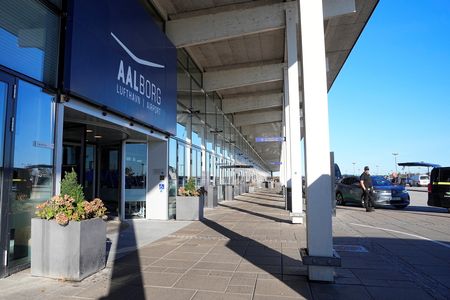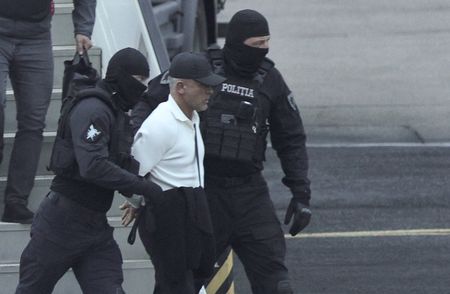(Reuters) – Moldova holds a parliamentary election on September 28 that could have sweeping consequences for its bid to join the European Union, as it fends off what its government calls Russian meddling in domestic affairs.
Here is an overview of what to expect from the high-stakes vote in the country of 2.4 million situated between Romania and Ukraine:
WHO IS STANDING IN THE ELECTION?
The ruling pro-European Party of Action and Solidarity (PAS) founded by President Maia Sandu is hoping to retain its majority in parliament. Sandu herself was elected president in 2020 and re-elected last year.
The PAS will likely face a stiff challenge from the Patriotic Bloc, a group of pro-Russian opposition parties, the biggest of which is the Socialists, whose leader Igor Dodon was unseated by Sandu as president in the 2020 election.
Recent polls have suggested that PAS will lose its majority in the 101-seat body, forcing it to seek a coalition with smaller entities that pass the 5% threshold for individual parties or 7% threshold for blocs.
Those could include the populist Our Party and the nominally pro-European Alternative Bloc.
WHAT ARE THE KEY ISSUES?
A dominant issue is integration with the European Union. PAS aims to join the 27-member bloc by 2030, and says this is critical to the nation’s economic future and its resistance against Russian attempts to keep it in Moscow’s orbit.
The outcome is important for Europe, too, as it seeks to counter Russian influence following the full-scale invasion of Ukraine. In August, leaders of France, Germany and Poland visited Chisinau to underline their support for Sandu.
Many voters, however, are focused more on economic issues in one of Europe’s poorest countries. They are struggling with high inflation and have seen little progress in the government’s pledge to clean up corruption.
A 2024 referendum asking voters to back Sandu’s drive for EU membership only just cleared a 50% majority.
WHAT IS THE GOVERNMENT SAYING ABOUT RUSSIAN INTERFERENCE?
Moldovan officials have long accused Moscow of undermining Moldova’s independence by causing an energy crisis and stoking anti-government sentiment to derail Moldova’s EU bid.
Russia denies meddling in Moldova’s affairs and says Chisinau is provoking anti-Russian hysteria for political purposes.
As the vote has approached, Sandu has accused Russia of trying to influence the outcome with fake news, illegal bankrolling of parties, vote buying and organising protests.
In recent weeks, police have carried out scores of raids over suspected illicit political financing and on Monday, security forces arrested 74 people over what the authorities said were Russian-backed efforts to foment unrest.
WHAT ROLE DOES PARLIAMENT PLAY?
Although Moldova’s president is directly elected, the legislature wields significant influence, including over the make-up of the cabinet.
A PAS-controlled parliament would keep on track Moldova’s EU bid, a process that requires extensive legislative efforts.
A coalition or a parliament with a pro-Russian majority would likely turn the effort into a drawn-out political battle.
(Reporting by Dan Peleschuk; Additional reporting by Alexander Tanas; Editing by Aidan Lewis and Peter Graff)










